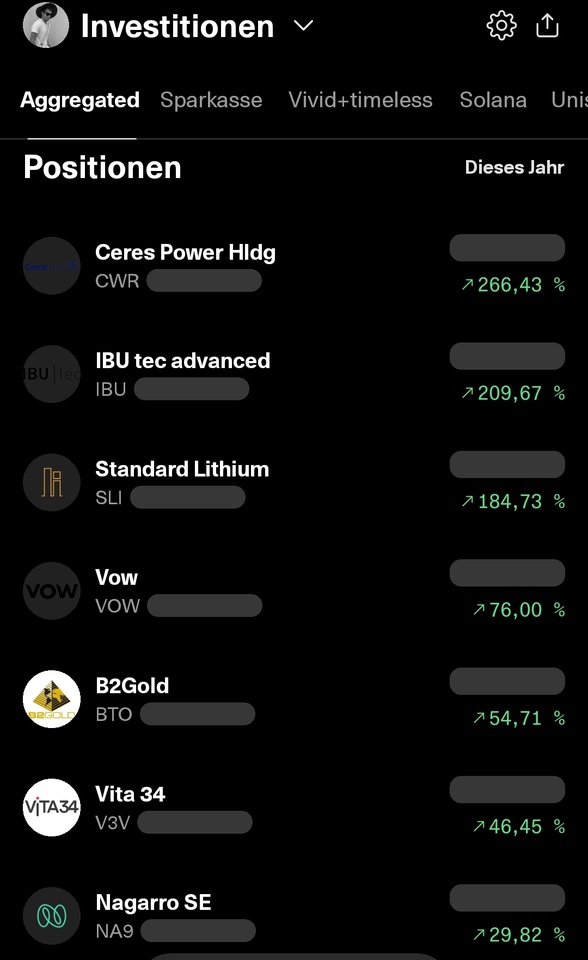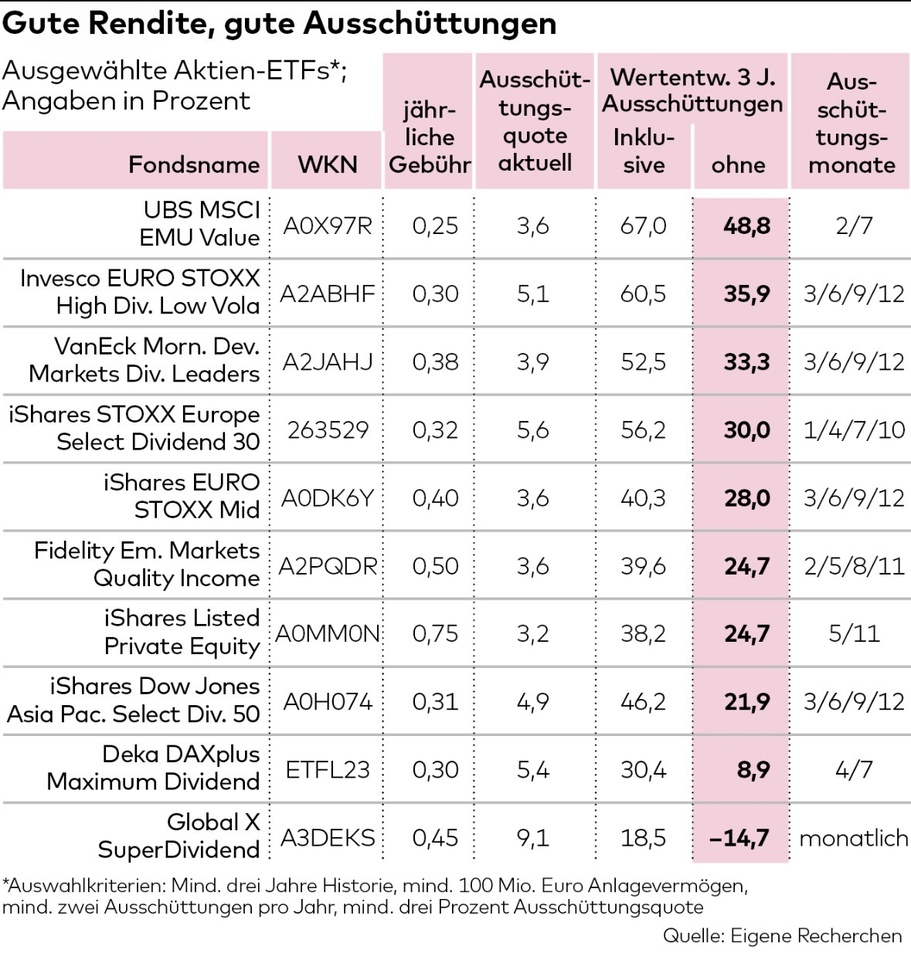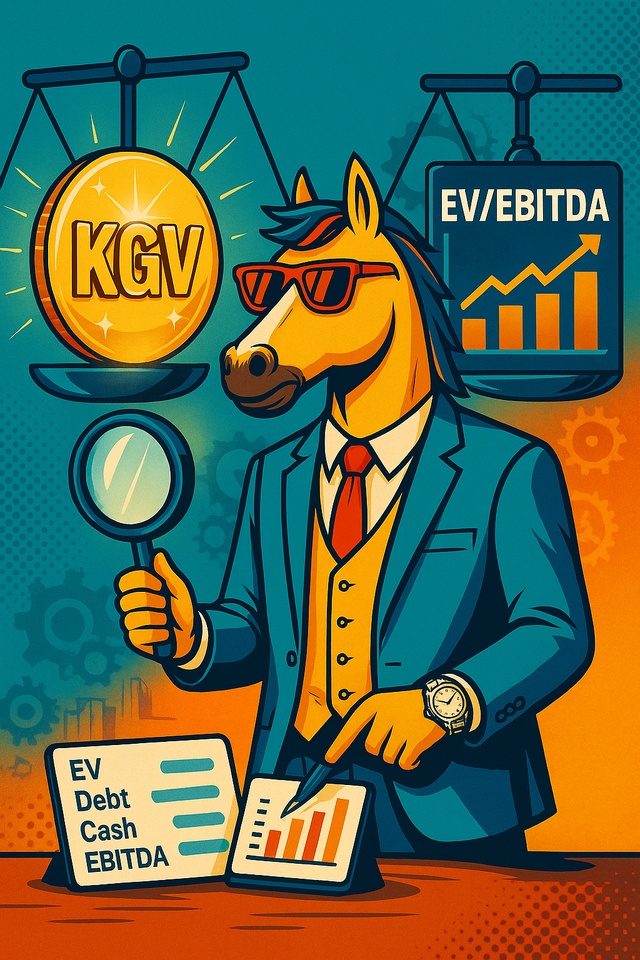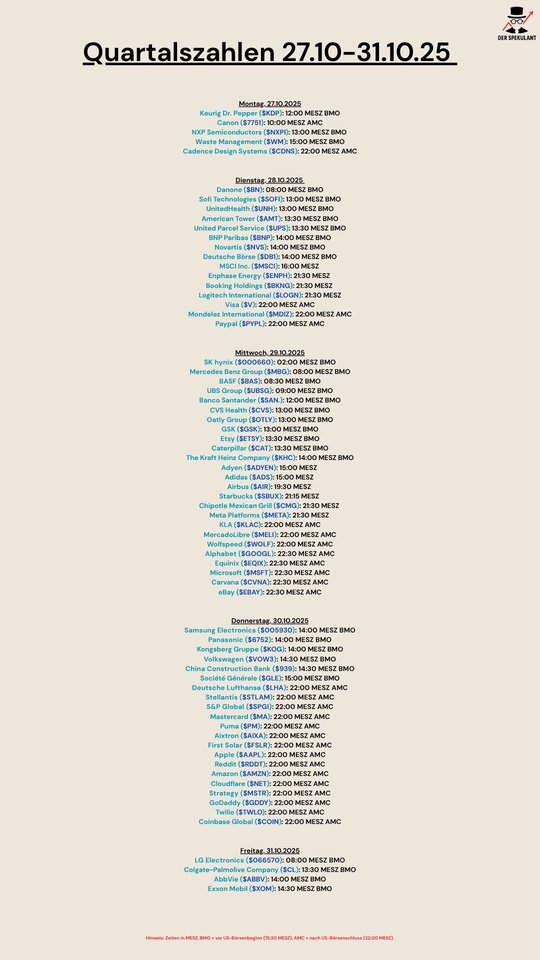Okay, I don't know how to start this. This is going to be a lot of information in a very dense text and it can be confusing, but it's worth sticking with it. Even if it will take me a while to get to what exactly this means for investors.
So ... I recently read through the official White House National Security Strategy and there are some really revolutionary things in there.
For the first time there is a separate chapter on the EU and also on Germany. So the fact that Germany is officially considered a threat to the security interests of the USA would be something one would like to read in the newspaper - provided, of course, there were honest and capable journalists in the country.
Basically, the paper hails criticism: our governments violate basic democratic values, censor freedom of expression, suppress the opposition and let lots of migrants into the country who are not on good terms with either Europe or the USA. Nothing new, but still interesting. What is much more exciting, however, is that Donald Trump is saying something that no president has dared to say since John F. Kennedy - for well-known reasons: namely that the Americans a) no longer want to expand NATO and use it as their primary instrument of power b) want peace with Russia.
There has already been much speculation about the closeness between Trump and Putin. But no one has ever written about the real economic reason why peace with Russia is in the actual interests of the Americans. And that's because you all haven't understood how much AI has really changed foreign policy.
It definitely used to be the case that wars were in America's interests. At least since they got involved in the Second World War - actually without necessity - and were able to increase their prosperity considerably as a result - wars were seen as something great or at least necessary in America. In the 1930s, the USA was at an economic low point. However, after they had supplied half the world with weapons and loans and also plundered important patents, human capital and raw materials, the true rise to superpower status began.
From this moment on, a business model was born: create chaos, sabotage enemies and ultimately sell weapons to both sides. A typical left-wing phrase says that there is no war in which the Americans have not made money.
This has fundamentally changed under Trump. War for the sake of war should no longer be waged - at least not where it is important, in Europe. While Biden still saw the liberation of Ukraine and the destruction of the Nordstream II pipelines as the highest civilizational goal, the Trump administration sees it as an existential threat to Germany that the chemical industry $BAS (+1,31 %) which is dependent on Russian gas, no longer receives it in Germany and is therefore migrating entirely to China, where the pipelines are still located.
In other words, while Biden still saw selling us American LNG as a net positive, Trump considers the economic erosion of the ally to be more serious than financing Russia.
And while previous presidents would have praised the fact that the Federal Chancellor is putting our country into debt for generations to build up its armed forces, the White House condemns this approach with the words "lack of self-confidence"
Incidentally, even the Americans themselves are financing Russia and now we are finally getting to what AI has to do with it. Because not many people may have noticed it yet, but the total market cap of all US defense companies $LMT (-1,01 %)
$BA (-0,54 %)
$NOC (+1,51 %)
$RTX (+0,34 %)
$GD (+2,2 %) and co. is now only 1.3 trillion dollars - you don't even get 1/3 of $GOOGL (-1,74 %)
The big money is no longer made with weapons, but with technology. And while Biden and Obama were mainly concerned with moving oil and weapons, Trump is concerned with a) raw materials b) energy and c) supply chains.
I'm lucky that I'm dealing with intelligent readers here who don't need me to explain how microchips are made, so I can cut the supply chain thing short. In short, Trump of course needs the lenses from Zeiss and the EUV lithography from $ASML (-4,14 %) and therefore has an interest in ensuring that Europe doesn't sink into chaos. At the same time, of course, chips also need rare earths such as palladium - 50% of the global supply is currently in Russian hands. Incidentally, more palladium is believed to be in the Arctic, i.e. in the hands of Russia, Canada and ... Greenland.
The fact that AI needs a lot of energy is also a widely explained and already understood thesis here. What is less in the spotlight is that, in addition to $IREN (-2,7 %) with their solar panels, there is another important energy source for AI, namely small modular reactors (SMRs). I think I also shared a news item 1-2 years ago that the Big Techs are starting to build nuclear-powered data centers.
Now these are very special power plants. SMRs are essentially the latest generation of nuclear power plants, which are more efficient and, above all, much cleaner than conventional nuclear power plants. There's just one catch: you need specially enriched uranium and guess where you can get it: Russia. Specifically, the uranium comes from the ROSATOM group which, incidentally, has not yet been sanctioned as a result of the war in Ukraine. Other countries such as Kazakhstan with its Kazatomprom group also have plenty of uranium, but are not allowed to enrich it like Russia because they do not have nuclear power status.
Ok, I may have promised a bit too much in the title. I don't know whether we will really end up with world peace now, but at least we have overcome the age where it was simply claimed that some dictator had used weapons of mass destruction and the country was then reduced to rubble over a period of years. All in all, there is a good chance that the US government and the US military will in future work hard for the welfare of all shareholders of $NVDA (-7,72 %)
$AMZN (-1,79 %)
$GOOGL (-1,74 %)
$GOOG (-1,85 %)
$META (+0,08 %)
$MSFT (-1,55 %) and $TSLA (-2,17 %) shareholders.




























